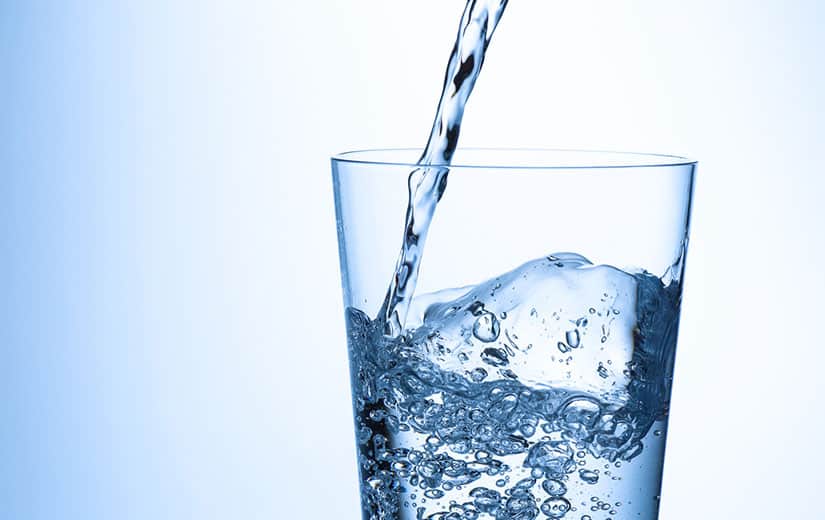It’s no surprise that we spend the majority of our lives at work. On average, a person will spend between 80 and 90,000 hours at work in their lifetime.
When it comes to our health, it’s not always our top priority, especially at work, when we’re sitting at our computers or moving from meeting to meeting.
In Japan, where people work the longest, an average of 65-75 hours per week, around 8-10,000 people die every year on their desks, a phenomenon known as « karoshi ».
This only highlights the need to take care of our health, and one of the most common health problems in the workplace is dehydration.
It’s incredibly easy to avoid drinking enough water when we’re concentrating on work or when we’re too busy to grab a glass of water. Many of us turn to tea or coffee to stay alert during the day. In other words, they increase urination and therefore expel fluids more easily, which leads to dehydration. Sitting too far from the office or kitchen water cooler can also mean less chance of getting adequate hydration.
Summary
The dehydration : a silent danger
When it comes to our health, we all know that we should drink an adequate amount every day. After all, 60% of our body is made up of water and the human brain is made up of 75% water.
But the main problem with dehydration is that you don’t always feel the effects of it the way you do with other health issues such as a sore back from sitting too long or tired eyes from look at a computer screen.
Hydrating regularly lubricates our joints and eyes, keeps our skin healthy, allows for optimal digestion, eliminates toxins and optimizes the energy produced by our cells.
In addition to reducing concentration, poor hydration can create an imbalance of salts and sugars in the body, which can quickly lead to other health problems.
In other words, if you have a headache or feel a little weak, don’t have a mid-morning snack. The best thing to do is to have a glass of water first.
How does dehydration affect productivity?
We are not always aware of the benefits of drinking enough water and its impact on our health and working life. As a result, we often neglect to drink more water even though we know we haven’t always had enough to drink during the day.
When we have health issues like fatigue, headaches, weight gain, high blood pressure, or kidney complications, our first thought isn’t that we’re not drinking enough water.
A recent survey found a loss of productivity of 2 billion euros each year due to absenteeism due to chronic illnesses, many of which could be attributed to simple dehydration.
What are the signs of dehydration?
We don’t always realize how much fluid we lose during the day and how important rehydration is.
Sweating, bathroom visits, and even breathing use up our body’s vital fluids. Couple that with vomiting, diarrhea, alcohol consumption or excessive exercise and our water supplies can run out extremely quickly.
There are several signs of mild to moderate dehydration, including:
- dry mouth,
- fatigue,
- need less to urinate,
- headache,
- lack of concentration.
Severe dehydration can include symptoms such as:
- irritability,
- confusion,
- extreme thirst,
- increased heart rate,
- rapid breathing
- no urine or dark colored urine.
How can employers avoid dehydration at work?
Awareness of the possible devastating effects of dehydration is paramount in our daily lives and at work. There are effective ways to encourage us to drink.
Implementation of a hydration program in the workplace
Encouraging our employees and colleagues to stay hydrated is a key way to maintain maximum hydration. Offices and other workplaces can put a system in place to do this in a clear and efficient way.




